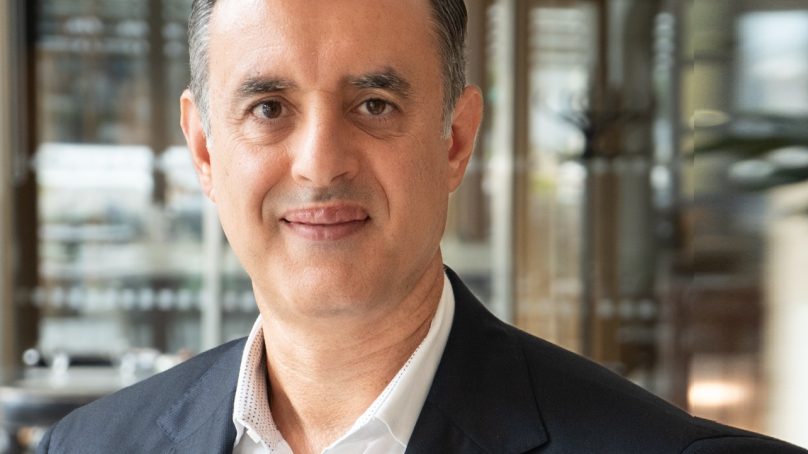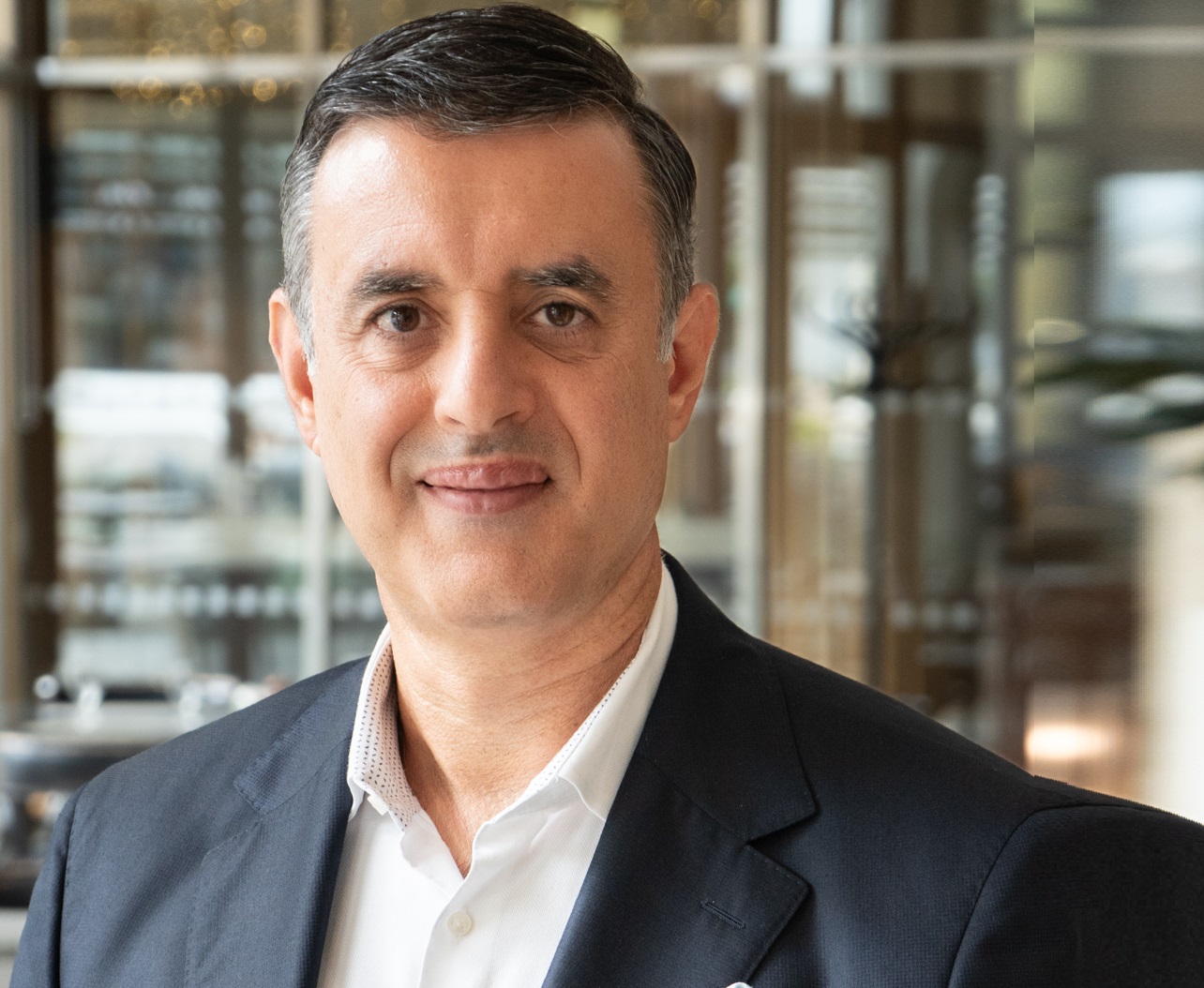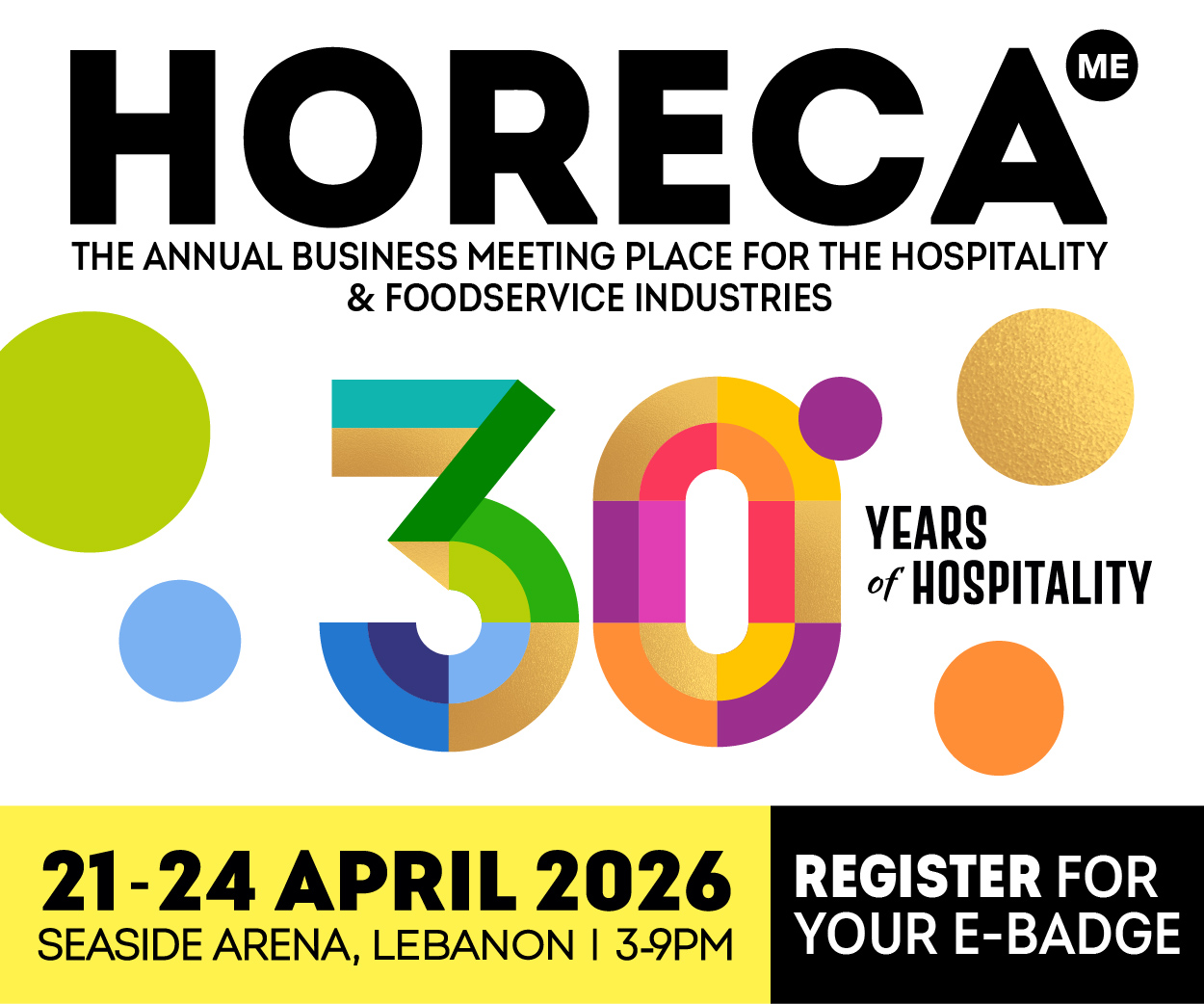Alain Khalife, general manager of JW Marriott Hotel Marina, sheds light on Dubai’s hospitality scene and the latest trends.
How have guest expectations in Dubai’s hospitality scene changed over the past few years?
Over the past few years, guest expectations have changed dramatically, driven by global travel and lifestyle trends. Today’s travelers seek more than luxury; they crave meaningful, seamless and personalized experiences tailored precisely to their unique needs and preferences. Consequently, guests want to be recognized, valued and emotionally connected, expecting service that feels both thoughtful and genuinely human.
Furthermore, technology plays a vital role, with guests expecting smart room features that offer convenience, control and enhanced comfort. At the same time, sustainability has emerged as a top priority, with eco-conscious travelers appreciating green practices as essential hotel standards. Additionally, there is greater interest in wellness offerings and immersive cultural experiences that allow guests to connect with the destination authentically.
At JW Marriott Hotel Marina, we have fully embraced these shifts by introducing meaningful, eco-friendly initiatives aligned with modern guest values. Moreover, we design bespoke wellness and cultural programs that elevate every stay and exceed the expectations of today’s discerning travelers.
What’s driving the staycation trend among UAE residents?
Staycations have become increasingly popular among UAE residents due to a combination of convenience, value and evolving lifestyle preferences. Firstly, the ease of enjoying a luxurious escape without the hassle of travel makes staycations an attractive option for busy individuals. Secondly, the UAE’s world-class hospitality offerings allow residents to indulge in premium experiences just minutes away from their own homes.
Moreover, local vacations often provide a more cost-effective alternative to international travel, especially for families or frequent travelers. The rapid growth of luxury hotels across the Emirates also inspires curiosity, encouraging residents to explore the newest properties in town.
In addition, the desire to reconnect with the UAE’s diverse landscapes, attractions and cultural gems has made local travel more rewarding. This shift reflects a cultural trend, where residents increasingly value quality leisure time that feels both indulgent and effortless. Ultimately, staycations offer a blend of relaxation and discovery that perfectly aligns with the UAE’s dynamic lifestyle.
How are hotels in Dubai innovating to keep up with changing guest behaviors and expectations?
The hospitality industry is embracing innovation through enhanced digital services, sustainability efforts and reimagined guest experiences worldwide today. For instance, hotels offer mobile room controls and wellness-focused programming to meet growing demand for conveniece and individuality simultaneously. Additionally, guests expect a seamless journey starting with pre-arrival engagement and continuing through personalized experiences after their stay concludes. At the same time, there is increased focus on environmental responsibility along with delivering authentic cultural immersion for every guest. This evolution involves more than just technology; it requires being agile, intuitive and anticipating guest desires before they even express them.
What trends do you believe will define the future of hospitality in Dubai?
The future of hospitality in Dubai will be shaped by a fusion of sustainability, personalized service and experiential travel. Guests will increasingly expect bespoke experiences that reflect their preferences, whether through wellness-focused stays, tech-enabled convenience or curated cultural encounters. Sustainability will move from being value added to a baseline expectation, with certifications like Green Key becoming the industry standard. At JW Marriott Hotel Marina, we were early adopters, receiving Green Key certification for the eighth consecutive year, demonstrating our long-standing commitment to responsible hospitality and our ability to anticipate evolving guest priorities.








